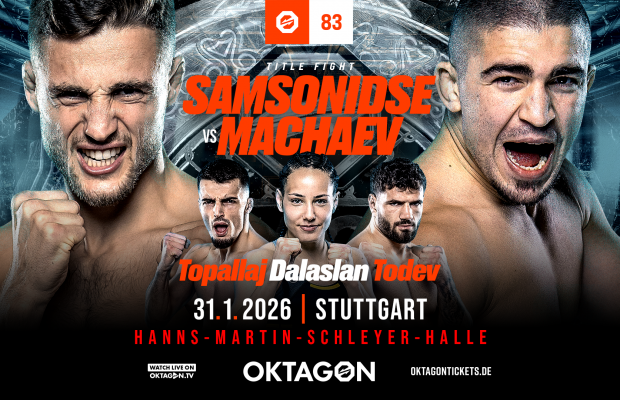MMA is snowballing into the next big thing in combat entertainment. Yes, the world is alight with excitement when some of the most prominent MMA names square up in the ring for battle.
A fight between the famed Notorious, Conor McGregor, and Khabib Nurmagomedov generates millions of viewers globally, with some of the biggest bookmakers on liontips.com equally providing sumptuous odds on the match.
Do you know that Dana White’s UFC (Ultimate Fighting Championship) pools a whopping annual revenue of over $600 million annually?
Yes, by now, you may be eager to jump into professional mixed martial arts. But the intricacies of a contract may be oblivious to an eager you.
Why?
Because rearing with passion, you could be less focused on the paper details and more focused on proving yourself a globally renowned warrior.
But no. A professional MMA contract is not something that you hurriedly sign. Let us educate you on what you need to know before ever putting pen to paper.
How does an MMA contract work?
An MMA contract is a legal document that outlines the terms that all parties involved must consent to regarding a fighter’s career or a specific bout.
When all the parties involved sign the contract, it becomes legally binding to them all. The laws of the land govern this contract, normally the state wherein it is signed.
In most cases, an MMA contract stipulates that the MMA company will pay the fighter a set amount of money per fight for several years.
All parties involved can insert clauses into the contract upon agreement. These provisions include an increase in payout based on revenue produced, the ability to choose the event’s venue, and other promotional commitments.
If there is a contract breach by any party, the others may cancel the contract or take the matter to a competent court of law.
Parties involved in an MMA contract
State/Country: All agreements are subject to the laws of the land, even if the state or country does not have to sign the paperwork.
The state or country may void any agreement reached by other parties if it does not agree with the prevailing legislations.
Fighters: These individuals are the faces of each fight. They are assigned a particular fight category depending on their weight class before facing their opponents.
Once they append their signatures on the dotted lines, they are bound by the agreed payment terms as stated.
Reiterating, their name, image, signature, and other promotional characters are the exclusive properties of the company and are usable by the company until the agreed period elapses.
MMA Company/Organisation: It is a company that organizes mixed martial arts. Currently, there are various MMA organizations, the most well-known of which is the UFC.
These organizations keep track of various combatants in various divisions and are required to pay them as agreed.
Furthermore, they have exclusive rights to these fighters and everything associated with them, as agreed.
Show promoters: The contract brokers are the show promoters. They assist the athlete and his crew in signing with an MMA organization.
They also set the tone for each bout, always being at the center of the build-up to each fight. Simply put, these parties make certain that the money-making aspect is well-cared for.
Show promoters can be public entities like TV stations or private individuals like social media influencers.
Mostly, MMA firms and fighters have complete control over the show promoters for each fight.
Trainer, Coach, or Manager: Each competitor has a trainer, coach, or manager who helps them learn the art.
This person is in charge of their daily routine. This includes feeding, training, workouts, and fighting instructions.
The fighter hires these individuals and can fire them at will.
Note that all the aforementioned entities are not always present to sign the dotted line at every contract signing.
However, the MMA company and the fighter or management must always append their signatures.
Common Terms Used in MMA Contracts
An MMA contract might include a variety of technicalities, legalities, and language puzzles, depending on the situation, all to satisfy all parties involved.
However, some common terms seen in an MMA contract are:
The Champion Clause: This is the provision wherein the company can extend a fighter’s contract by a certain period if the fighter becomes a champion at the end of their contract.
Terms of Contract: This is often the heart of the deal. These include the duration and termination of the contract, the fighter’s expected wage, incidentals, compensation, and others.
Code of Conduct: This outlines the rules and regulations that a fighter must strictly obey. It can also include rules concerning the fighter’s weight class.
Promotional Obligations: This part is for the show promoter. It details what is expected of them and how it concerns the fighter and the MMA company.
Exclusivity and Intellectual Property Rights: These parts give the MMA company control over the fighter’s person. Other exclusivity terms also include the restriction of the fighter from representing any other company, among others.
Conclusion
A lot of paperwork goes on behind the scenes before the banter and buzz that we see on our screens for every fight. These are agreements that govern the operations of all parties concerned.
This article explains what these documents include and what they mean. You now have a better understanding of what to expect if you choose to pursue a career as a mixed martial artist.








You must be logged in to post a comment Login